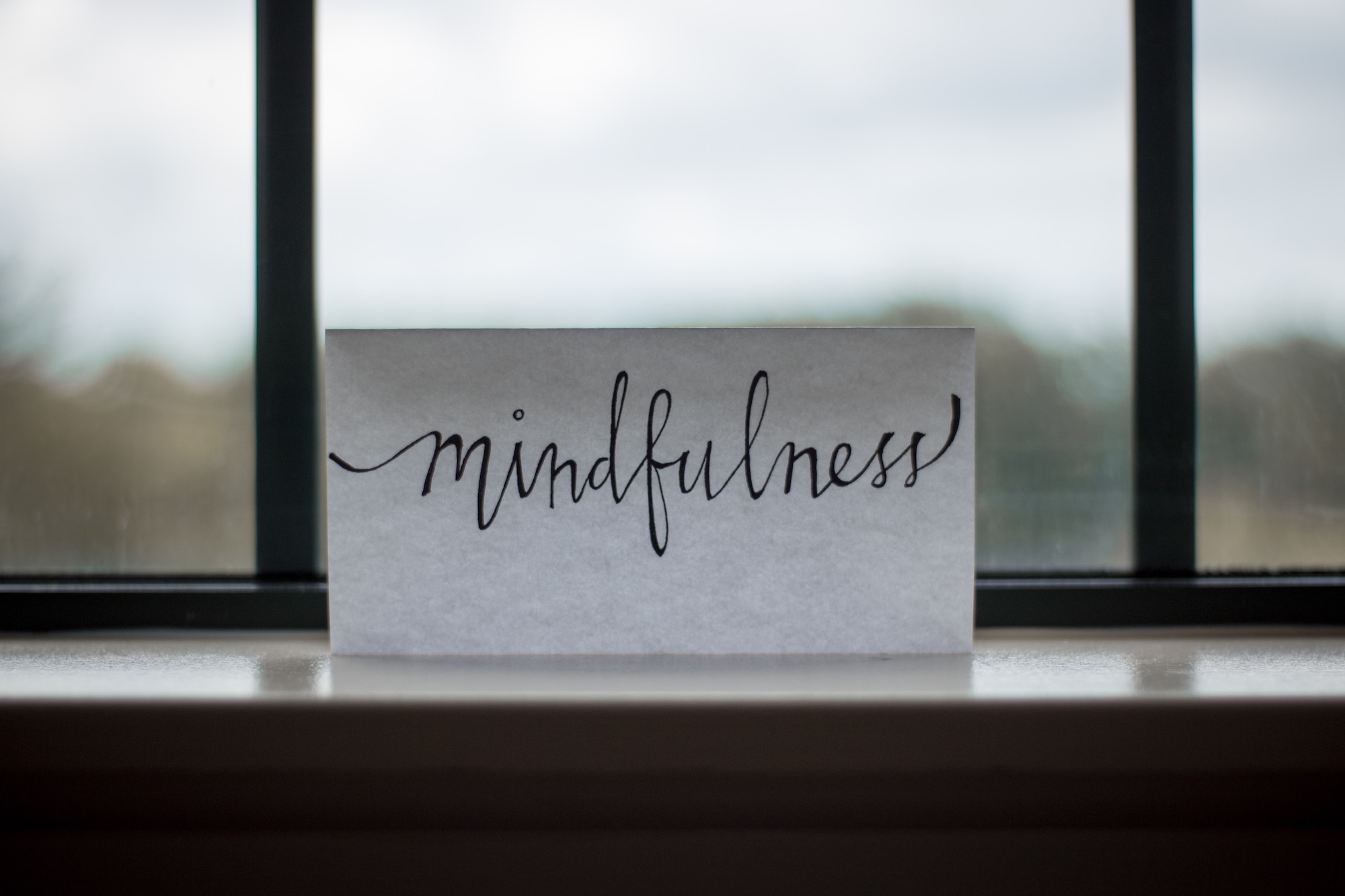The nature of reality is that change is happening all around us, all the time; everything in life is impermanent. Yet, the paradox is humans have an adverse reaction to change. We are constantly in resistance to the groundless flow of change.
Mindfulness is a technique that can help ease the process and keep us living joyfully in the present. You may find slight variations in the meaning of mindfulness, as it is tough to describe in words. Here is an all-purpose definition that treats mindfulness as a quality that every human being already possesses, rather than something we have to conjure up.
“Mindfulness is the basic human ability to be fully present, aware of where we are and what we’re doing, and not overly reactive to or overwhelmed by what’s going on around us.” - Mindful Magazine
Distraction and Worry
As humans, we can be so easily distracted with our minds that we lose touch with the body and soon we are engrossed in obsessive thoughts about something or fretting and worrying about the future, and about change. Every moment is a golden opportunity to open completely to the present, no matter what you are doing or thinking. When we can quiet the distractions of the mind and arrive in our bodies at the here and now, we are more deeply connected to the steady changing stream of life.
Mindfulness helps to refine our attention so that we can connect more deeply to whatever life brings. It is not ‘what’ life brings, but ‘how’ we relate to what life brings which gifts us the opportunity to be our best.
“Change is inevitable. Growth is optional.”
- John C. Maxwell
Here are a few ways to practice mindfulness during times of change:
Mindfulness meditation. Thoughts are not the enemy during meditation. Rather they are reminders that you have drifted away from this present moment. The practice of meditation is one of returning to the moment after you’ve noticed you’ve drifted. Find a place to sit quietly for a few minutes each day, connect to your breath and notice as the thoughts flow through your meditation. Experience how they make you feel, then let them go without judging them or yourself. Once again, return to the current moment by noticing your breath, or the sensations in your body, or any sounds you may hear. Meditating regularly will help to calm your mind and anchor yourself in the present - one breath at a time. There are many ways to practice mindful meditation, you can sit, lie down, or go for a mindful walk.
Slow down and give yourself time to accept the present moment. Understand that learning to cope with change is not something that can be done suddenly. When things are the worst, we have a chance to practice being our best. Watch your reactivity and try to see clearly. Between every action and reaction there is a space, and in that mindful moment you have a choice in how to respond.
Write it down or observe your thoughts and feelings. Keeping a journal can help you observe your feelings rather than allowing them to bother you under the surface. Clarify how you feel, give your feelings the attention they need, then release them. This naturally reduces anxiety and stress as you learn to accept life in the present moment. You can also use the journal to set yourself goals to help you make positive changes in your life.
Adapt your thinking. A mental shift can help you embrace change. If you act as if each change in your life is a new opportunity, seeking out the positives, you will soon be able to cope with life’s changes more willingly. When you consider the fact that everything you know and love is not permanent, including yourself, it sure can help you open your heart to loving each moment more.
Through mindfulness and its various practices, we develop further awareness and self compassion. When I take the time for practicing mindfulness in my life, I feel less stressed from my everyday worries. I am more open to receive the come-what-mays in a way that feels more trusting. I am able to catch surprising glimpses of beauty that I might have missed had I not stopped to notice in this ever changing flow of life. Practicing mindfulness keeps me humble. When I admire the beauty of impermanence all around me, I am reminded of its gift of awakening my heart to the things that matter most in my life.
Your mindfulness practice can be a gift to others in your life, as the relaxation and clarity that come can help you listen better, pay more attention to the needs of others and be present with your loved ones with less distraction. Isn’t that what it’s all about; loving ourselves so that we may better love and care for others, with kindness, compassion and presence? But don’t take my word for it, try it yourself.




